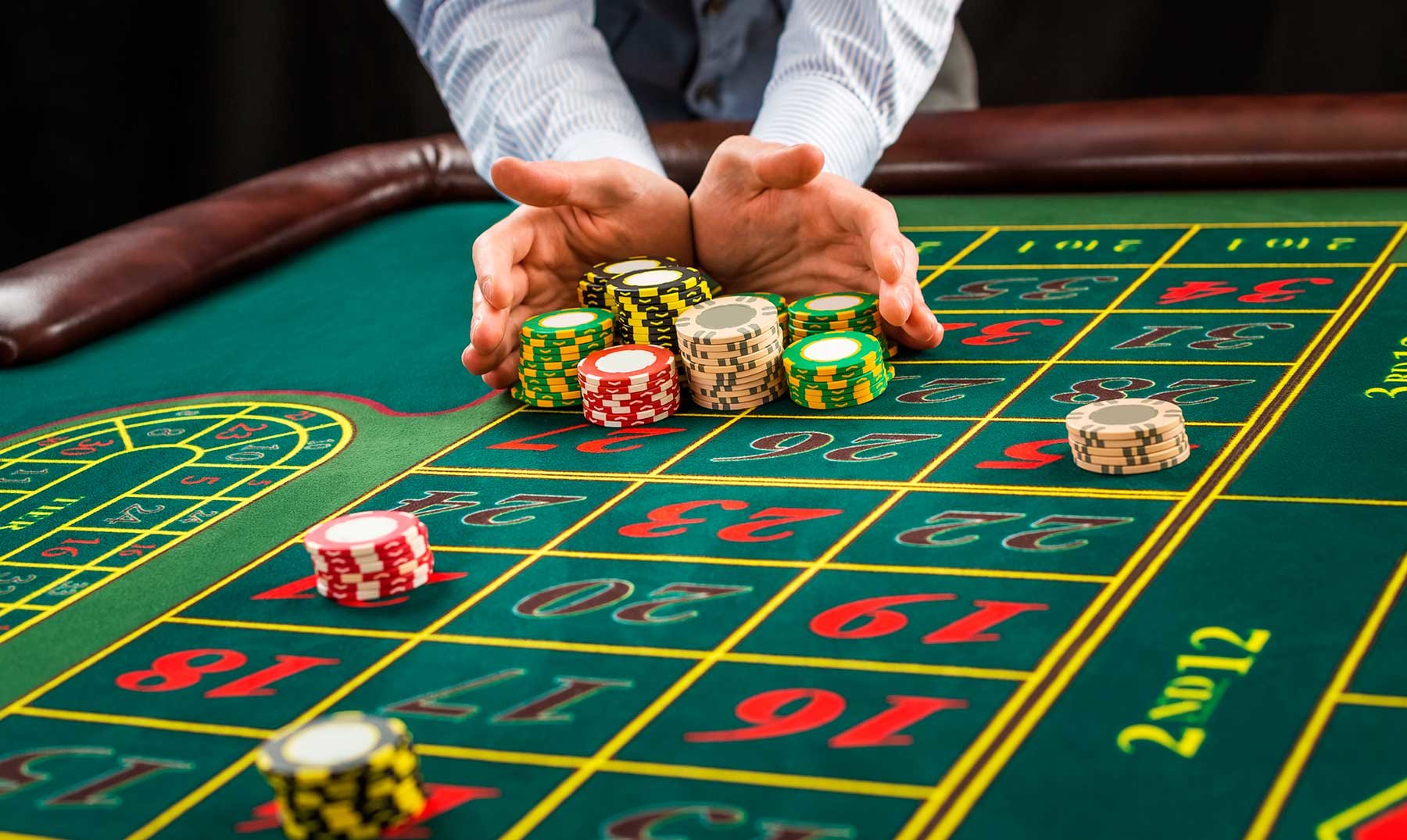
When we think of gambling activities, the initial pictures that often cross our minds are those of rotating roulette wheels, poker chips clattering on felt surfaces, and dice rolling across a betting area. While numerous consider these activities as mere pastimes fueled by luck, a deeper exploration reveals a captivating blend of tactics, skill, and social engagement that raises them far beyond simple chance. Whether you are a experienced player or a curious newcomer, grasping the subtleties of these activities can greatly enhance your experience and understanding.
Gambling games have evolved over hundreds of years, with different cultures contributing to their rich backgrounds and different forms. From the intricate tactics of blackjack to the bluffing methods in card games, players engage in a battle of intellect as much as a risk on numbers. This dynamic interplay between chance and skill creates a exciting atmosphere that draws countless people to casinos worldwide. As we explore the realm of card games, we will reveal the methods that can tilt the odds in your favor and the social aspects that make these activities a favored choice for entertainment and interaction.
A Strategy of Casino Gaming
Casino gaming frequently combine a blend of skill and chance, which makes them fascinating for players who enjoy a test. Every game has their unique set of rules and strategies that can influence the outcome. For example, in titles like blackjack, players are obliged to use strategies like card counting and understanding the probabilities to make smart decisions. This skill set can significantly improve the victory potential, differentiating experienced participants from novices who may rely solely on chance.
In contrast, games such as roulette may appear to be purely based on chance, but strategic thinking can also play into the equation. Players can choose between various betting strategies, such as the Martingale system, in which they raise the bets after a loss. This method can create a more controlled way to the game. Grasping the probabilities of specific wagers can also assist participants make better decisions on the roulette table, demonstrating that even games of chance, tactics can enhance the experience.
Furthermore, poker is notable as a title that heavily emphasizes strategy. Unlike most casino games, poker combines skill, mental acuity, and chance. Participants must also focus on the cards they are given but also take into account their rivals’ behavior and wagering patterns. Mastering principles like position, pot odds, and reading bluffing is crucial for winning. This complexity of strategy in the game of poker often creates to a more engaging encounter for players, where their decisions and abilities greatly affect the match’s results.
Grasping Chance and Ratios
In the domain of casino matches, probability and ratios play a vital role in determining a player’s potential outcomes. Every match has its own set of principles that define how the probability of winning or losing is calculated. For example, in matches like blackjack, players have a chance to modify their ratios through strategy, whereas in games like roulette, the outcomes are purely governed by chance. Understanding how these probabilities are calculated can substantially impact how a gambler deals with the match.
Odds are typically expressed in two forms: fractional and numeric. Fractional ratios show the proportion of the sum won to the amount bet, whereas numeric odds show the total payout for a winning wager, including the stake. For example, if a match has ratios of 5 to 1, this means that for every one dollar bet, a gambler could win five dollars if they win. Learning how to read these odds allows players to evaluate their potential earnings and make more educated choices during gameplay. non UK license casinos
Gamblers should also be conscious of the house edge, which is the casino’s built-in advantage over the players. Each game has a different advantage, and grasping this concept is crucial for managing one’s hopes and funds. Activities with a reduced advantage, such as 21 and chemin de fer, typically offer superior ratios for gamblers compared to activities like slot machines and lottery. By understanding the connection between probability, ratios, and the house edge, gamblers can enhance their gaming engagement and plan more effectively.
The Aspect of Casino Table Games
Table games at gaming establishments are often seen as a center of community engagement, drawing players together in a shared experience that goes far past the mere act of gambling. The atmosphere at a poker table can be electric, with players engaging not only with the game itself but also with one another. Laughter, cheers, and, occasionally, playful teasing create connections that enhance the overall enjoyment of the gaming experience. This communal aspect can turn a solitary endeavor into a lively gathering, making table games particularly enticing.
One of the intriguing elements of table gaming is the way it fosters camaraderie among participants. Whether it’s teaming up to defeat the dealer at a craps table or sharing stories between hands in a poker game, the environment encourages interaction. Participants often share tips or tactics, creating a sense of togetherness that boosts the fun. This social dynamic can make new players feel included and less daunted by the competitive nature of gaming. As the game progresses, friendships may form, leading to a sense of connection that keeps players returning to the table.
Moreover, the social aspect of table gaming extends outside just the players. Dealers play a crucial role in encouraging interaction and maintaining the flow of the game. Their ability to engage players with friendly conversation and their expertise in managing the table can create an welcoming atmosphere. This relationship between participants and staff adds another layer of enjoyment, where players feel bonded not only to one another but also to the staff. Such interactions are often what make the experience unforgettable, as players leave with tales to tell and relationships made, reinforcing the notion that gaming at tables are truly about something greater than luck.